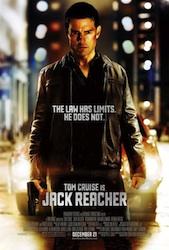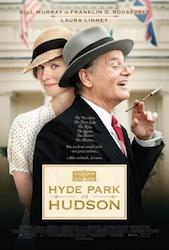 | ||
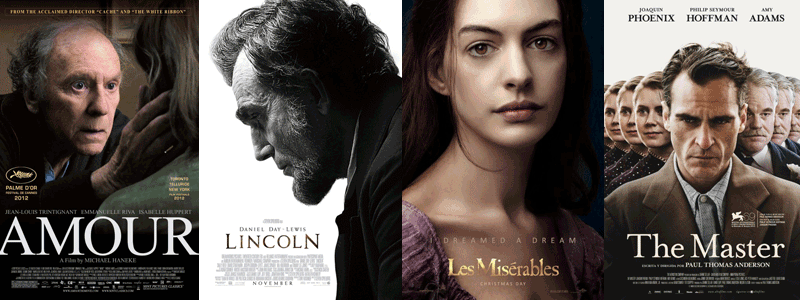 | |
 | ||
This page contains reviews of films seen during the months of April to June 2013 | ||
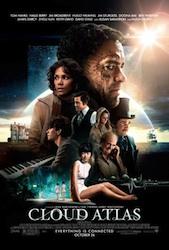 | ||
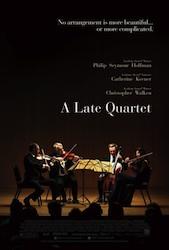 | ||
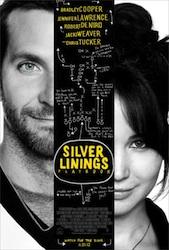 | ||
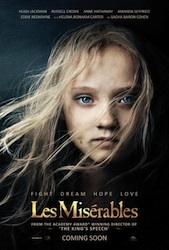 | ||
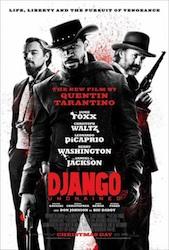 | ||
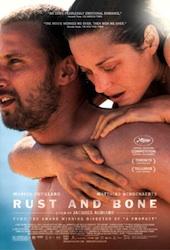 | ||
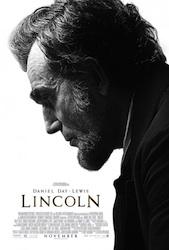 | ||
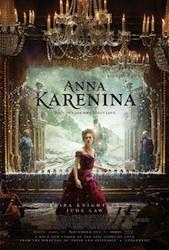 | ||
 | ||
 | ||
“Jack Reacher”- This is one of those films that makes you wonder what the filmmakers were thinking. Tom Cruise, looking his age, plays Jack Reacher, a slightly mysterious former military cop, who is called in after a sniper murders five people in downtown Pittsburgh. Not only does the accused sniper ask for Reacher, but the accused’s attorney, Helen (Rosamund Pike), thinks he can help. In typical fashion, Reacher arrives and raises questions about the sniper’s motives, and is always seemingly several steps ahead of everyone else, even when getting beaten up by apparently hired thugs. The main problem with this film is the very thin plot. There is nothing logical or convincing about the motives for the shootings, in a screenplay loaded with clichés. In addition, in this film Cruise just doesn’t seem to have the spunk necessary for a first-rate action hero, a flaw multiplied by the fact that the filmmakers make no effort to take advantage of Rosamund Pike’s talents. She’s a good British actress with an American accent in a part that could have been played by virtually anyone. The cast includes some very good actors who have to plod through the silliness of their roles, including David Oyelowo as the cop in charge of the murder investigation, Richard Jenkins as the DA who also happens to be Helen’s father, and the great filmmaker Werner Herzog in a listless role as a German bad guy. On the other hand, Robert Duvall provides a little bit of pizzazz as a rifle range manager who joins Reacher’s efforts, for no logical reason other than that he seems to like shooting, as the film climaxes. “Jack Reacher” is mostly a dud. C- (6/13/13)
“Hyde Park on Hudson”-Despite having the presence of Bill Murray as FDR and Laura Linney as his cousin Daisy, “Hyde Park on Hudson” seemed more like a slightly flimsy TV show than a feature film. It tells the story of wheelchair-bound President Roosevelt seeking out his distant cousin Daisy while spending time at his mother’s home in Hyde Park, NY. When Daisy is summoned, FDR initially flirts with her by encouraging her to peruse his stamp collection. But it doesn’t take long for them to enter into a physical relationship, despite the presence nearby of his wife Eleanor (Olivia Williams). In the midst of all this, the King (Samuel West) and Queen (Olivia Colman) of England come to visit in what appears to be a rather uncomfortable occasion for the Royals. Queen Elizabeth (the current Queen Elizabeth’s mother) seems especially uncomfortable with drawings making fun of British soldiers in the War of 1812 and with a proposed picnic where the fare is to be good old American hotdogs. But the King, the same one portrayed in “The King’s Speech,” understands the need for rapport with the US as war is looming in Europe. The heart of the film is the story of Daisy, who has fallen for her presidential cousin, but who ultimately is shocked to learn things about her powerful cousin’s proclivities. Laura Linney is especially fine and appealing as Daisy. I like Bill Murray but can’t say that he provided a totally effective portrayal of FDR, a man with a distinct look and accent. Nevertheless, he portrays FDR with a sense of humanity often missing in historical portraits. In the end “Hyde Park on Hudson” is a nice but not terribly memorable film. B- (6/15/13)
